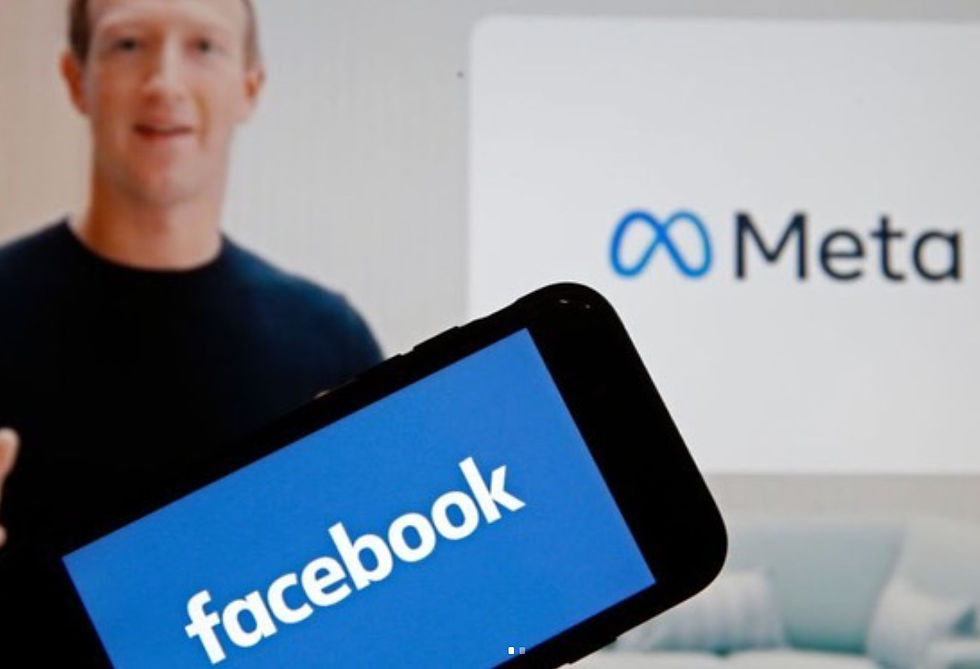- DPE Project
- Jan 1, 2022
- 2 min read
Updated: Jan 4, 2022
by Brayden Yee

Mark Zuckerberg, CEO of Facebook, has announced that Facebook is changing its name to Meta. This change comes as the social media giant has become under fire after The Wall Street Journal published the Facebook Files: A Wall Street Journal Investigation. The report detailed how the company knew about many problems — from how its algorithms incentivize division and anger to mental health issues — but did almost nothing to mitigate them, and when a whistleblower came forward with internal evidence of the problem.
One particular concern centers around a revision Facebook made to its News Feed Algorithm in 2018. It was said to “boost ‘meaningful social interactions’ (MSI) between friends and family”, but the WSJ investigation showed that the change actually pushed and rewarded incendiary content, often making it go viral on the platform. In a 2018 email between Jonah Peretti, a chief executive at Buzzfeed, and a top Facebook official, Peretti noted how divisive content they published — such as “21 Things That Almost All White People Are Guilty of Saying” — would receive more engagement compared to articles on self-care or animals.
“Company researchers discovered that publishers and political parties were reorienting their posts toward outrage and sensationalism. That tactic produced high levels of comments and reactions that translated into success on Facebook”, the report said.
Francis Haugens, a whistleblower and former data scientist at Facebook, raised another concern when she released thousands of documents revealing how Facebook harms young people — especially teenage girls. One study showed that 13.5% of UK teen girls had experienced more suicidal thoughts after starting to use Instagram, which is owned by Facebook. Another study showed that 17% of teen girls said their eating disorders had gotten more severe, and another study concluded that 32% of teen girls felt even worse about their bodies since using the app.
Haugens testified before the US Congress on October 5th and is testifying before European leaders and lawmakers this week to discuss possible solutions such as more transparency and tighter regulations for platforms like Facebook.
edited by William Cao and Vishal Krishnaiah





Comments